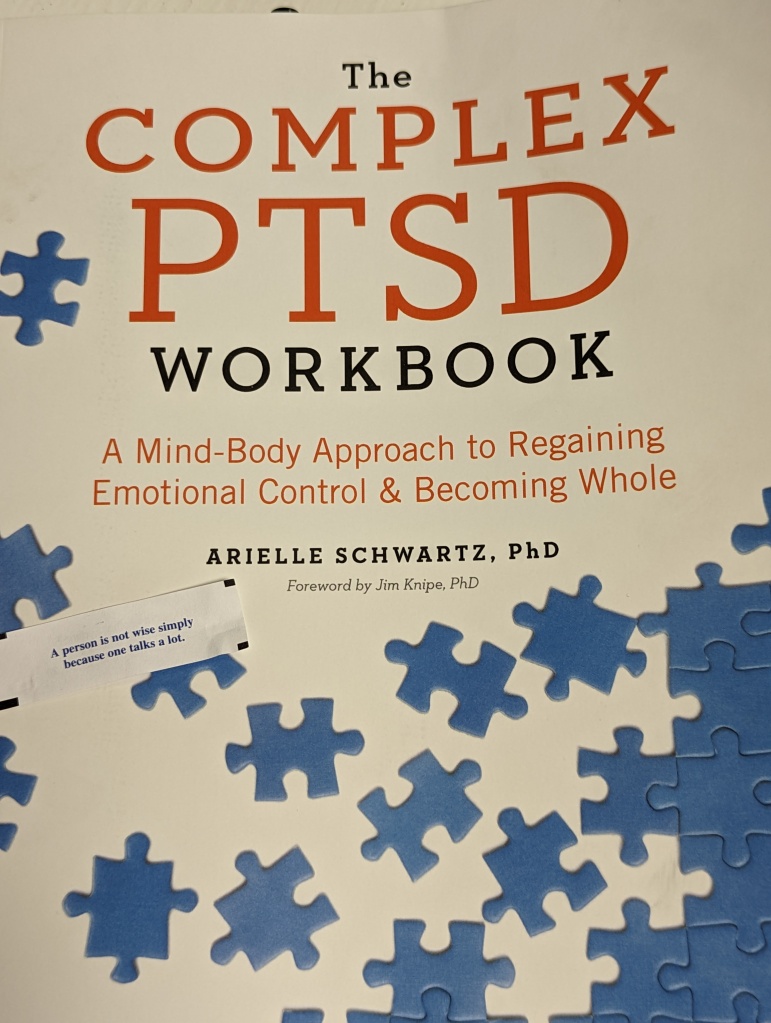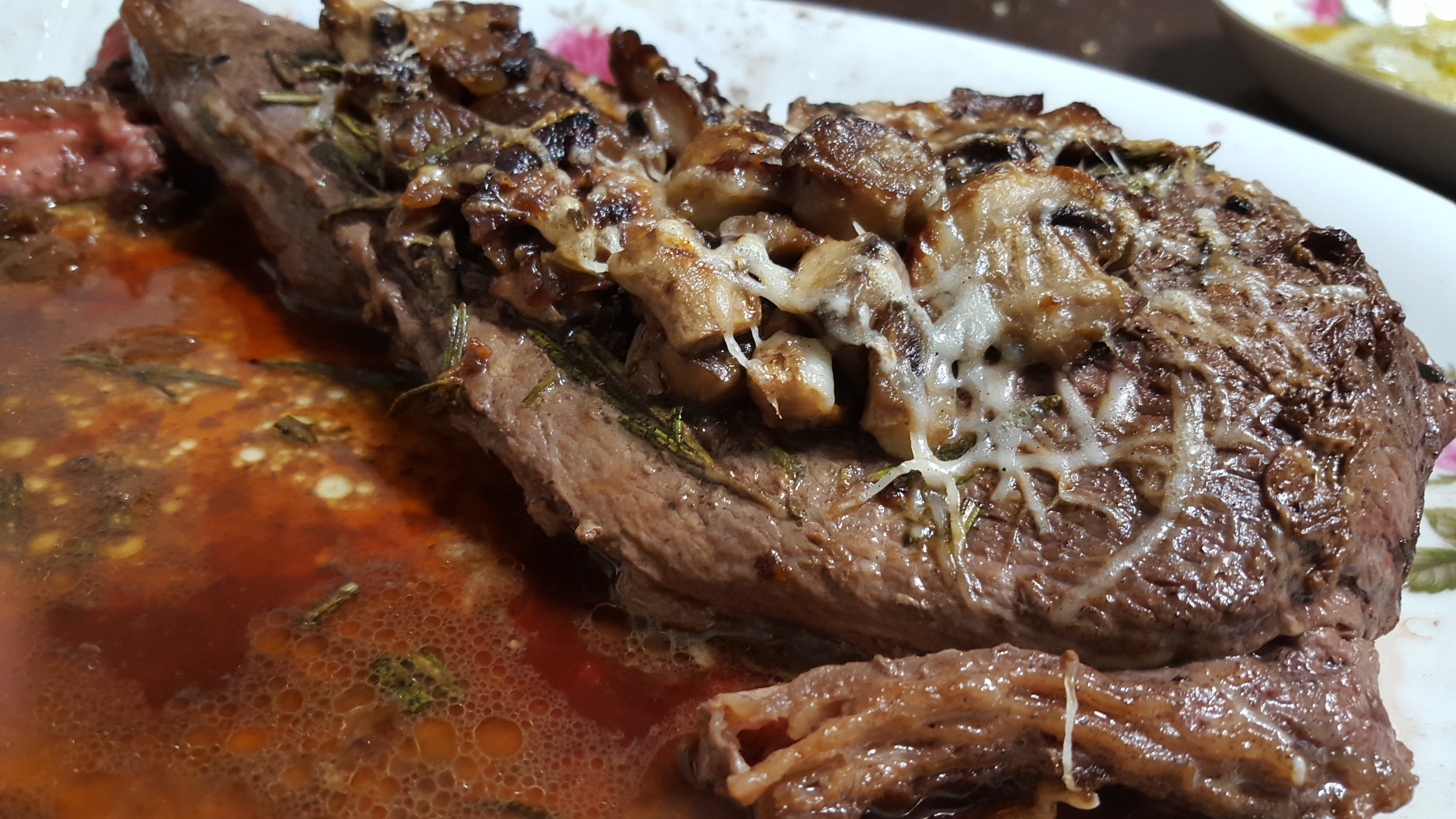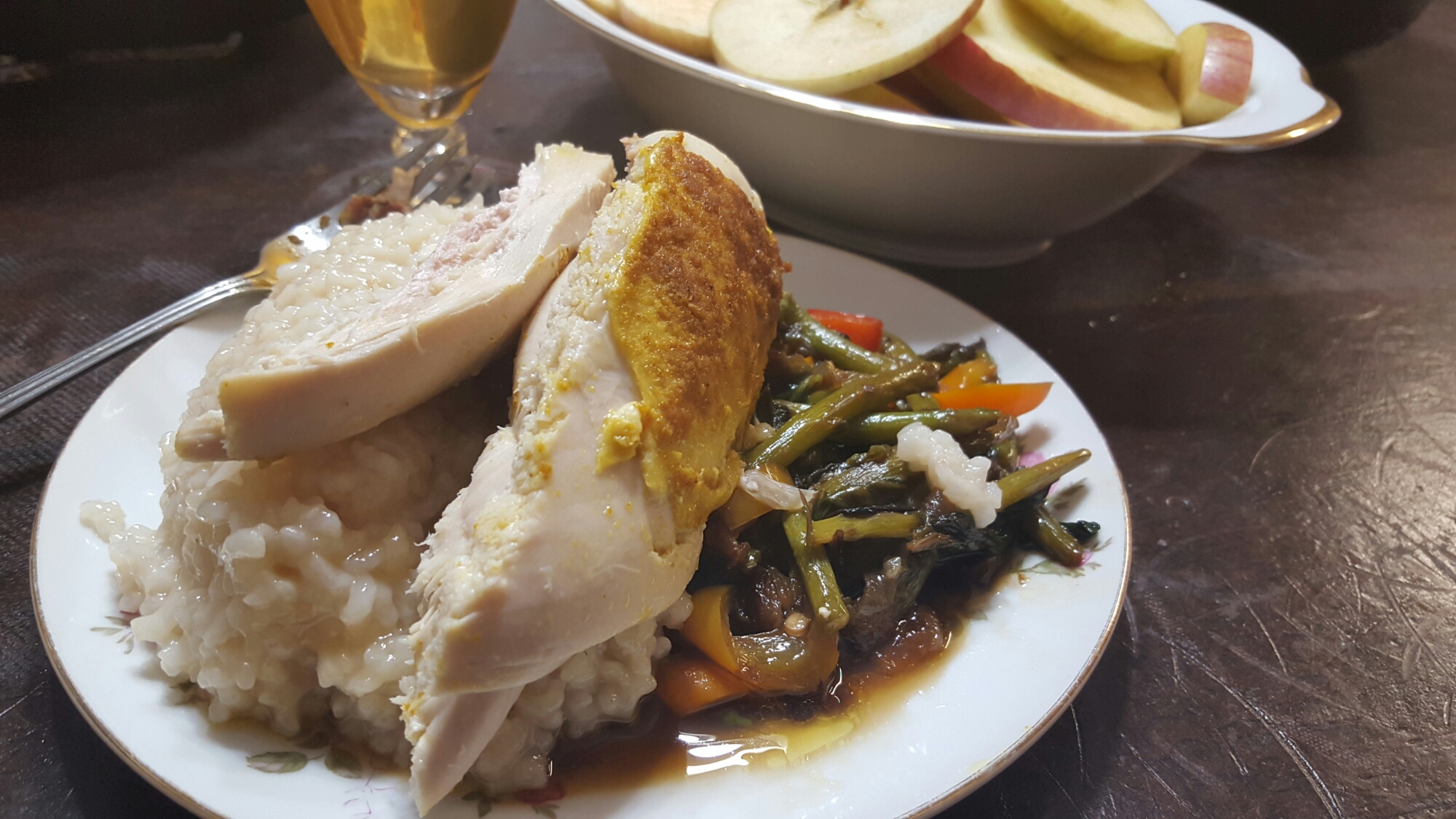I had an opportunity to bring the sermon this past Sunday morning at my home church, Tennison Memorial United Methodist Church of Mount Pleasant, Tx. The recording is available below, followed by a transcript if you prefer to read rather than listen.
Automated Transcript Below:
————————————————
Today’s scripture reading is from the letter that Paul wrote to the Galatians (chapter 5, verses 22 through 26). By contrast, the fruit of the Spirit is love, joy, peace, patience, kindness, generosity, faithfulness, gentleness, and self-control. There’s no law against such things. And those who belong to Christ have crucified the flesh with its passions and desires. If we live by the spirit, let us also be guided by the spirit. And let us not become conceited competing against one another and envying one another.
This is the word of God for the people of God. Thanks be to God.
“Joy is the characteristic by which God uses us to remake the distressing into the desired, the discarded into the creative. Joy is prayer. Joy is strength. Joy is love. Joy is a net of love by which you can catch souls.” -Mother Teresa.
I have always struggled with joy. So when the DS asked me to fill the pulpit, one Sunday during Advent this year, I was looking forward to doing the love Sunday.
Love comes much easier to me. I can preach about love all day long. Imagine my dismay when I realized that I had agreed to preach the joy Sunday instead! Joy and I are not exactly besties; we’re more like distant family members. We exchange hugs every few years and then we go our separate ways. It’s not that I dislike joy. It’s just that it’s so hard to recognize her when she shows up.
Growing up, I had a misunderstanding of the application of the passage, of Galatians 5 in general. To me, this just looked like a bulleted list of all the ways that I was absolutely not the spirit-filled reflection of Christ that I was supposed to be.
So starting at the top, working to the bottom, these were the things I needed to produce in myself in order to grow in my faith and relationship with the Lord, things that I would need to produce in myself in order to be a good valuable member of the human race.
But Galatians 5, just like all scripture, does not exist in a vacuum. It’s part of a whole message and it ought to be considered in that context. So let’s go back, and for the sake of time, I’m not going to read the first five chapters of Galatians to you. (But you should.) And you’ll also be pleased to know that even though I was raised Baptist, I have edited my sermon down from seven pages to four and a half. So there’s not going to be any danger of whether or not you can beat the Baptists to lunch.
So if you have brought your bible, please feel free to follow along.
The letter was written by hand and it was carried to various churches out throughout Galatia, and like all letters, it’s going to start with an address. And then remembering that the letter didn’t have verse numbers back in AD 55, we move past the greeting of the letter into the body into verse 6.
So right out of the gate, Paul skips his usual glowing accolades about their behavior and he jumps straight to chastising them, and this is not his normal formula. Normally Paul spends quite a bit of time giving the church a compliment sandwich: here’s some great things you’ve done, here’s some gentle criticism, here’s some encouragement and a few more compliments to finish up. Instead, right after the greeting, this is what we hear:
“I’m amazed that you are so quickly deserting the one who called you by the grace of Christ to follow another gospel. It’s not really another gospel but certain people are confusing you and they want to change the gospel of Christ. “
That that’s a pretty harsh accusation. So what does Paul say that they’re changing to? And he doesn’t get to that right away, he spends the next several paragraphs backtracking to provide a little bit of personal history. Who is he? Who was he? What did he do in his previous life, where he was this militant enforcer of the letter of the Jewish law?
And then he was dramatically converted by the risen Christ and ordered to preach to the Gentiles. Not the Jews. 17 years after his conversion, Paul explains to the apostles in Jerusalem what he’s been preaching to the Gentiles, the uncircumcised people. The apostles who’ve been preaching to the circumcised people agree with what he’s been preaching. Everything looks great; they send him off. But then Peter, one of the apostles who’s been preaching in Jerusalem, visits Paul in Antioch, and Paul has a serious problem with him. It turns out Peter has been hanging out with gentile believers until his old circumcised friends show up, and scripture even says that he carries off several of the other apostles with him in his hypocrisy.
And Paul wasn’t having any of it. He lit into him. So, starting in verse 14, Paul tells Peter to his face, “If you though, you’re a Jew, live like a gentile and not like a Jew, how can you require the gentiles to live like Jews?” And then he says, to the Galatians, “we’re born Jews! We’re not gentile sinners. However, we know that a person isn’t made righteous by the works of the law, but rather through the faithfulness of Jesus Christ.”
So there it is; this is the whole point of the letter that he’s getting to. Paul found out that the Galatians are doing the exact same kind of nonsense that he’s been seeing happening in other places:
Trying to add to the grace of God by piling extra works on top of it.
And when you listen to what he says next, you’re going to understand why the way that I previously understood Galatians 5 was so damaging. He said,
“I don’t ignore the grace of God, because if we become righteous through the law, then Christ died for no purpose. You irrational Galatians who put a spell on you? Jesus Christ was put on display as crucified before your eyes. I just want to know this from you: did you receive this spirit by doing the works of the law, or by believing what you heard? Are you so irrational? After you started with the spirit of you, now, finishing up with your own human effort? Did you experience so much for nothing?”
How many times are we just as guilty as the Galatians, of adding our own little rules on top of grace? Wear this, don’t wear that. Eat this, but don’t eat that, and pray this way, but don’t pray that way — and cut your hair, but good gosh! Not like that!
And we’re reminded in chapter 3 verse, 28, that there is no longer Jew, or Greek, or slave, or free, or male, or female, but we divide ourselves up by race and class and gender and everything else we can think of, and we are just so interested in what we can do that we forget about who Christ is and where we’re all going.
My old friend JJ Jordan, before he passed away, he used to preach that if all of scripture is going in one direction, and you find one verse that sticks up, that seems to point in another direction, chances are you’re the one that’s wrong.
So if Galatians 5 is not supposed to be this bundle of tasks that is to be completed, then how are we supposed to interpret it? How exactly am I supposed to bear this fruit of love, joy, peace, patience, kindness, generosity, and all the rest. Let’s consider the lilies of the field like Jesus said.
A farmer who plants a tomato seed does not expect apples. And despite his best efforts, a farmer cannot force the seed to do anything at all. He may cultivate the soil to loosen the hard clay. He might fertilize the soil, he might change the fertilizer, right? Because one plant needs more nitrogen and one plant needs more calcium.
And it’s just the same with the fruit of the Spirit. The fruit that is produced in us by the Spirit is through no works of our own. No amount of effort or stubborn determination or calendar planning. (laughter) is going to create in us this fruit of joy. There’s no feat of strength that will produce love, or generosity for that matter.
So what are we supposed to? Just throw our hands up in the air and say “oh just let it do what every it wants to do”? No.
Let’s look at this, another way. A tomato vine: if it’s not trained, it runs all along the ground. Right? And the fruit can rot because it’s sitting right on the ground.
But if you try to train the tomato plant at the wrong time, what’s going to happen it? The branch snaps right off in your hand, right? Because you didn’t train it early enough. Now, let’s imagine instead of a tomato, we have a human child. Like, one of my kids.
A child that’s untrained is going to run around, just the same as an untrained tomato. And if we just wait around until we see that there’s this undesirable pattern, we may end up with a broken child. We can’t force the child to grow, right?
We can provide them with stability. We can remove barriers that are preventing them from growing. We can treat them according to their temperaments and to their talents and we can support them in the ways that they’re the weakest. Adults are no different. Children are born persons, just like Charlotte Mason said.
We’re just children in big bodies.
The fruit that is produced in us by the Spirit cannot be brought about by any work of our own. The fruit that is produced in us by the Spirit is produced by the Spirit of God himself through the miraculous mechanics of His grace. If we want to produce more fruit, we don’t add more weight to the branches. We can cultivate the environment for the best growth, and the fruit will produce itself.
And because I have always detested a sermon in which I was always told what I was doing wrong and never how to do it right, here are some things that we can do, today, right now, to begin to cultivate the kind of soil that the fruit of the Spirit can grow in easily and abundantly, produce and reproduce.
If you want to see more joy, encourage it first by no longer comparing how happy you are to how happy everyone else around you seems. Theodore Roosevelt said that comparison is the thief of joy, and I think he was on to something. Study after study has shown a direct correlation between how much time we spend scrolling on our news feeds and how miserable we feel afterward. And after seeing perfectly crafted images in magazines on tv, on Facebook, on Instagram and even in our own friends living rooms, our own little Christmas tree seems much smaller and more humble. And a child who is delighted by the offer of a bowl of ice cream might become dismayed when they start examining the contents of their neighbor’s bowl. Just like verse 26 in the text points out, let us not become conceited, competing against one another and envying one another.
So as I often tell my children, “hey Bethany, When’s the only time we look at our neighbor’s bowl?” (To see if they have enough.) That’s right, to see if they have enough.
And that brings us to the next point: generosity is more than just a fruit of the Spirit that’s produced within us. It’s also a healing medicine. My husband’s grandmother, who happens to be a retired, professional counselor with a doctorate, she told me this: she said when you’re in an unbearable funk and there’s nothing to be done, nothing to be done about your own situation but move forward, turn your gaze outward. Right? Turn your gaze outward and reach out to a friend or a neighbor.
I have an alphabet soup of anxiety disorders that comes from the kind of history that just doesn’t really suit a sermon about producing fruit and joyfulness. And if you want to hear that kind of history, I’ve got a recording somewhere that you’re welcome to hear about. But until then, please trust me when I say that I am anxious a whole lot more than I am joyful. And my favorite thing to do, when I’m anxious, is to text someone else that’s going through a hard time and check in on them, or surprise a friend with a small gift: a cold drink, dessert that I happen to have a coupon for, a card that made me think of them. It doesn’t take a fortune to be generous. Some of the most generous gifts that I have received have been from friends who had as little or less than we did.
When Charlie and I first got married, we were invited over several times a week to join one of the church families for dinner, and they were some of the few people that were kind of like close to our own age, and it was their absolute delight to invite us over. They called it “sharing their nothing” with us. And it was so much more than nothing.
So there’s this ancient Jewish parable that has since made its way throughout the world into many cultures, and it’s got many iterations. And it’s this, there’s this vision of paradise and hell and in which there are two identical banquet tables. And they are filled with diners and they’re all seated and the tables are full of this huge feast, and the only handicap that these people have is really long spoons. They’ve got really long spoons. And in paradise, all of the people are happy and well fed and they’re kind to one another and they’re just chatting away.
And you look, and the people in hell are just withered and they’re cranky and they’re thin. And the only difference between the people that are in paradise and the people are in hell, is that the people in heaven, have already learned how to feed each other. And the people in hell are still thinking about themselves.
Besides the instruction in the text to avoid comparison and seek generosity, there’s plenty of other ways to cultivate opportunities to be surprised by joy. There’s no need to chase after joy. Again, we do not produce joy through some active sheer determination, as much as I would like to try. We were created to experience joy, and the joy is there waiting for us to notice.
We can spend time in green places in nature. We can sing loudly, alone, and in groups, you can join the choir. Just saying, if the pew fits, you know. We can share a meal with a friend. We can volunteer our time serving others. These are all rooted in scripture and in science as conduits of joy, peace, and spiritual healing.
There’s even a style of meditation. It’s called mindfulness meditation, and it’s the discipline of observation. In the 1600s Brother Lawrence called this, The Practice of the Presence of God. It’s this state of drawing your attention back. Drawing your attention back to this moment that you’re in. Right now. Just like a small child experiences complete delight at every turn, just from the joy of being alive. Have you ever heard a baby laugh? They’re really easy to get to laugh. They’re easily amused. Everything is delightful because it’s brand new. Mindfulness, practice allows us to just simply be in a non-judgmental form and observe life as it’s happening. One moment at a time, the beauty of this sunset. The taste of this bite of pie. CS Lewis highlights this in his book, The Screwtape Letters, where the protagonist attempts to distract his patient, the Christian, from the simple joys of life that might remind him of his faith.
In fact, CS Lewis said “we are mirrors, whose brightness, if we are bright, is wholly derived from the sun that shines upon us.” The lightness in our life was never dependent on us.
The joy of Christmas looks forward to Easter. It’s the other half of this pair of bookends that represent the Creator’s mortal time and visibility on this planet. It represents both our own mortality, and the blessed hope that we have in him: that our mortality will be raised in immortality. It is a beginning without an ending.
During Lent, we prepare our hearts to Good Friday and Easter down the path of mourning. We open our observation to the griefs and sorrows endured by Christ. So during Advent, let us open our eyes to the possibility of joy, preparing our hearts to rejoice in the audacity that is the incarnation. A creator who pursues us and delights in us as though we were each his individual favorite and favored child.
Let me end with a final example. I have a dear friend. We’ve been friends since eighth grade. He was telling me about an evening that he spent recently playing Lego with his toddler, while his wife sat on the couch with their newborn baby, He said he was suddenly overcome with the sense of gratitude and awe of his little family that he was nearly in tears. And then of course the moment passes, right? The baby cries, the toddler needs bedtime. But the moment was there, waiting to be observed. And this is great news. Because it means the joy that you’ve been searching for has been there this whole time.













You must be logged in to post a comment.